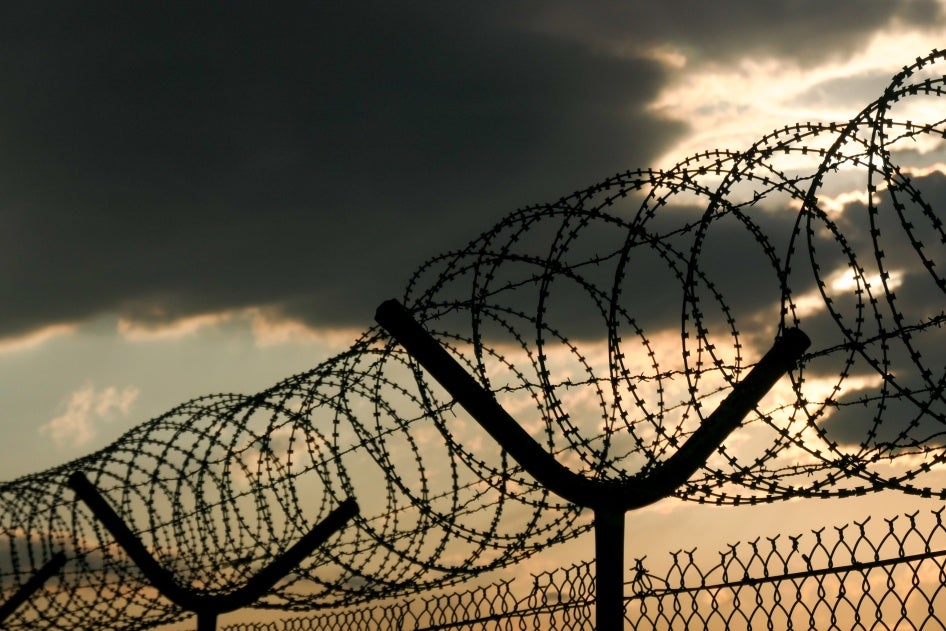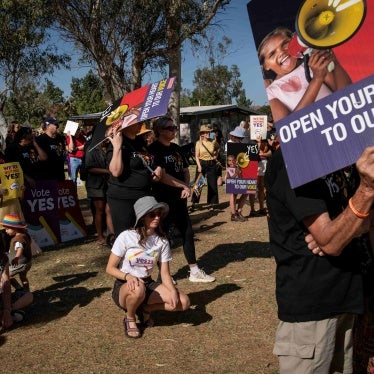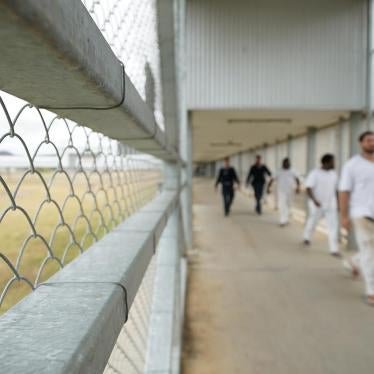Last week, the Australian state of Queensland released a report on the deaths of two boys who had spent extensive time in solitary confinement in youth detention. Both were First Nations children with disabilities. Solitary confinement is harmful for all prisoners, but it is particularly damaging for children and for people with disabilities.
The Child Death Review Board, which referred to the boys as “Boy 1” and “Boy 2,” reported that they died by suicide and by drug overdose.
Boy 1 liked fishing, basketball, football, and computer games. Boy 2 liked football.
Little personal information is provided about the boys outside these small details, but the report provides a clearer picture about the litany of failures in the Queensland government’s approach to youth offenders.
The Review Board found that while the deaths had occurred following their release, their cases demonstrated that the system was failing to rehabilitate young people and “arguably, their experiences in detention served to cause further trauma, disconnection, and hopelessness.”
Boy 1, who had his first interaction with the justice system at age 11, had 25 court appearances in the year of his death. During this period, he spent nine nights in police watchhouses and 128 nights in detention. While in detention, 78 percent of his time was spent isolated in his cell.
Boy 2, who first encountered the justice system at 13, was detained six times during his life. During his last stint in detention, he spent 55 days locked in his cell alone for more than 22 hours. On 22 of these days, he was in his cell for more than 23 hours, and on 3 occasions spent 24 hours in his cell without a break.
While some periods in isolation were in response to incidents or at the children’s own request, the predominant reason was staff shortages, the report said.
The United Nations expert on torture has found that the use of solitary confinement of any duration for children and for people with mental disabilities “constitutes cruel, inhuman or degrading treatment,” and should be abolished.
Instead of continuing to pursue these punitive approaches, Australia’s government should urgently ban the use of solitary confinement for children and people with disabilities and start properly investing in detention alternatives that respect children’s rights.










